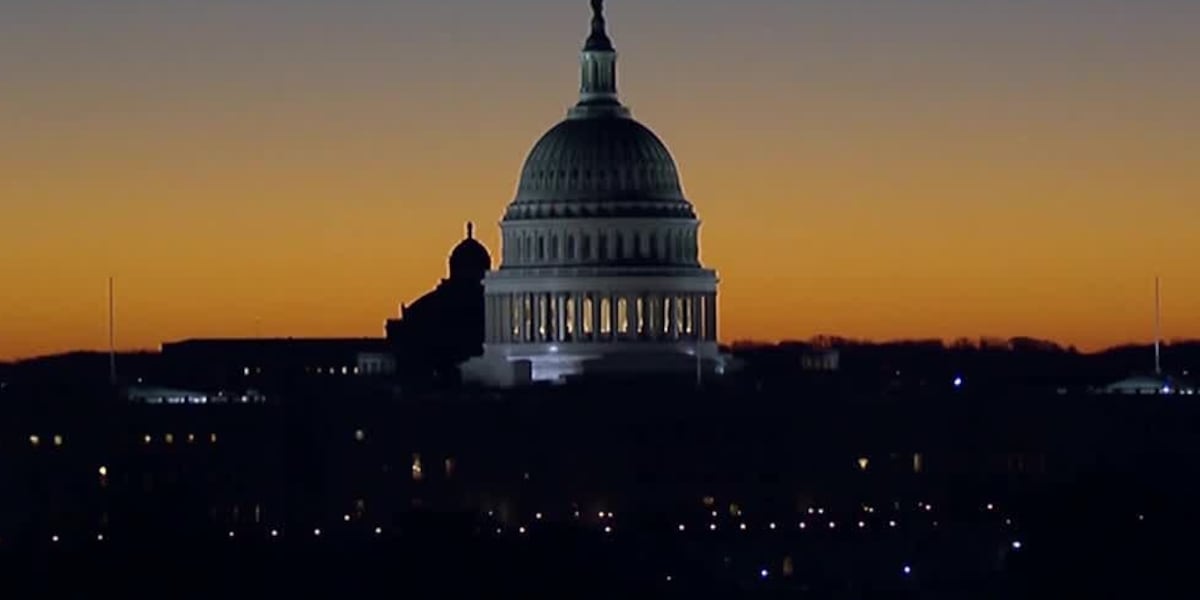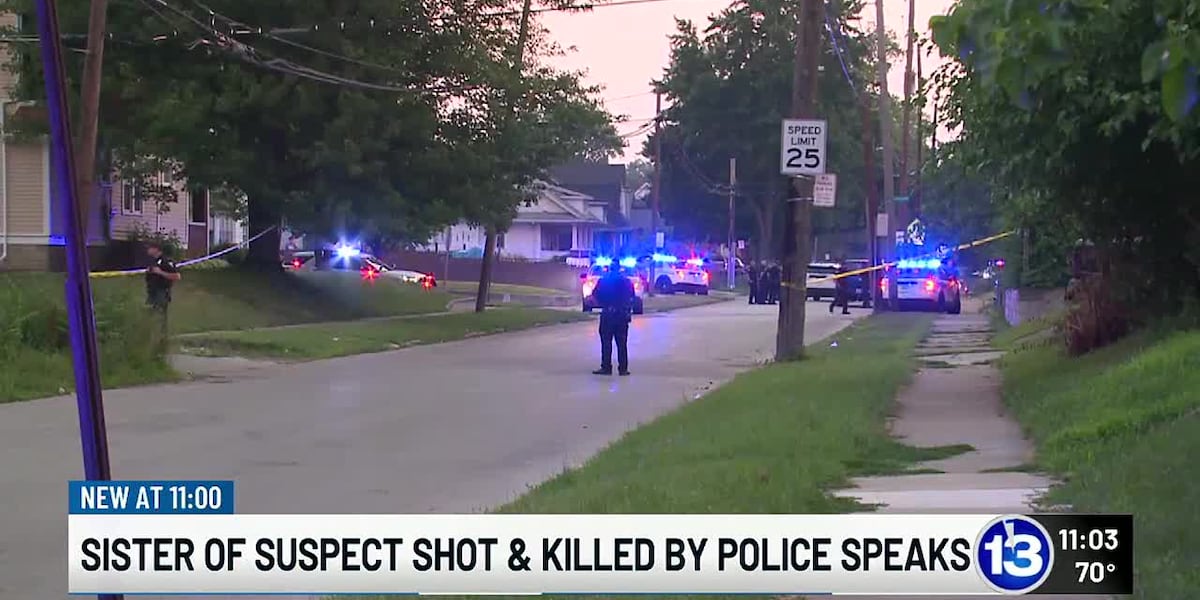Louisiana Faces Potential Health Crisis as 'Big Beautiful Bill' Becomes Law

Louisiana is bracing for potential repercussions following the passage of the controversial 'Big Beautiful Bill' (HB 1223), with healthcare professionals and patient advocates raising serious concerns about its impact on the state's already strained healthcare system. The bill, aimed at restricting gender-affirming care for transgender minors, has sparked widespread debate and now faces scrutiny as it moves into law.
What Does the 'Big Beautiful Bill' Do?
The law effectively bans gender-affirming care, including puberty blockers, hormone therapy, and surgical procedures, for transgender individuals under the age of 18. Supporters argue it protects children from making irreversible decisions they may later regret, citing concerns about long-term health consequences and psychological well-being. However, opponents contend that it infringes upon parental rights, denies crucial medical care to vulnerable youth, and ultimately harms their mental and physical health.
Healthcare Professionals Sound the Alarm
A chorus of medical experts and organizations, including the American Medical Association and the American Academy of Pediatrics, have voiced strong opposition to the bill. They assert that gender-affirming care is medically necessary, evidence-based, and improves the lives of transgender youth. Restricting access to this care, they warn, can lead to increased rates of depression, anxiety, self-harm, and even suicide.
“This bill is a direct attack on the medical community and the well-being of transgender children and their families,” stated Dr. Emily Carter, a pediatrician specializing in adolescent health in New Orleans. “Denying these young people access to appropriate medical care is not only harmful but also unethical. We have a responsibility to provide them with the support and treatment they need to thrive.”
Exacerbating Existing Healthcare Disparities
Critics also highlight the potential for the bill to worsen existing healthcare disparities in Louisiana. The state already faces significant challenges in providing adequate healthcare to all its residents, particularly in rural areas and among underserved populations. Restricting access to gender-affirming care will disproportionately impact transgender youth from marginalized communities who may already face barriers to accessing healthcare.
“Louisiana already ranks poorly in terms of healthcare access and outcomes,” explained Sarah Johnson, Executive Director of the Louisiana Healthcare Advocates. “This bill will only exacerbate these problems, creating a two-tiered system where some young people can receive the care they need, while others are denied it based on their gender identity. This is unacceptable.”
Potential Legal Challenges and Future Outlook
The 'Big Beautiful Bill' is almost certain to face legal challenges, with several organizations already preparing lawsuits arguing that it violates constitutional rights. The outcome of these legal battles remains to be seen, but the bill's passage has already created a climate of fear and uncertainty for transgender individuals and their families in Louisiana.
As the law takes effect, healthcare providers are grappling with how to navigate the new restrictions and continue providing compassionate and evidence-based care. The long-term impact of the 'Big Beautiful Bill' on the health and well-being of transgender youth in Louisiana remains to be seen, but the concerns raised by healthcare professionals and advocates are undeniable.






